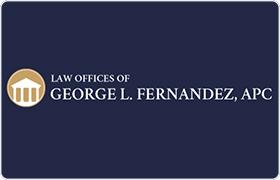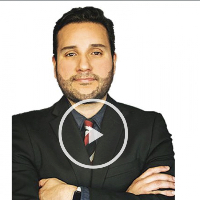Lakewood DUI-DWI Lawyer, California, page 2
Sponsored Law Firm
-
 x
x

Click For More Info:
-
Law Offices of George L. Fernandez APC
444 Ocean Blvd Suite 800 Long Beach, CA 90802» view mapCriminal Defense Law Passion. Experience. Diligence.
George L. Fernandez is dedicated to competently, thoroughly, and diligently represent the best interest of his clients in a professional and ethical matter at all times.
800-970-2821
Charles Irvin Rossman
Employee Rights, DUI-DWI, Bankruptcy & Debt, Accident & Injury
Status: In Good Standing Licensed: 40 Years
James Anthony Mendez
White Collar Crime, DUI-DWI, Criminal
Status: In Good Standing Licensed: 29 Years
Christopher R Montes de Oca
Real Estate, Misdemeanor, DUI-DWI, Criminal
Status: In Good Standing Licensed: 17 Years
Patrick Steffan Aguirre
White Collar Crime, Domestic Violence & Neglect, DUI-DWI, Criminal
Status: In Good Standing
 George Fernandez Long Beach, CA
George Fernandez Long Beach, CA Practice AreasExpertise
Practice AreasExpertise
